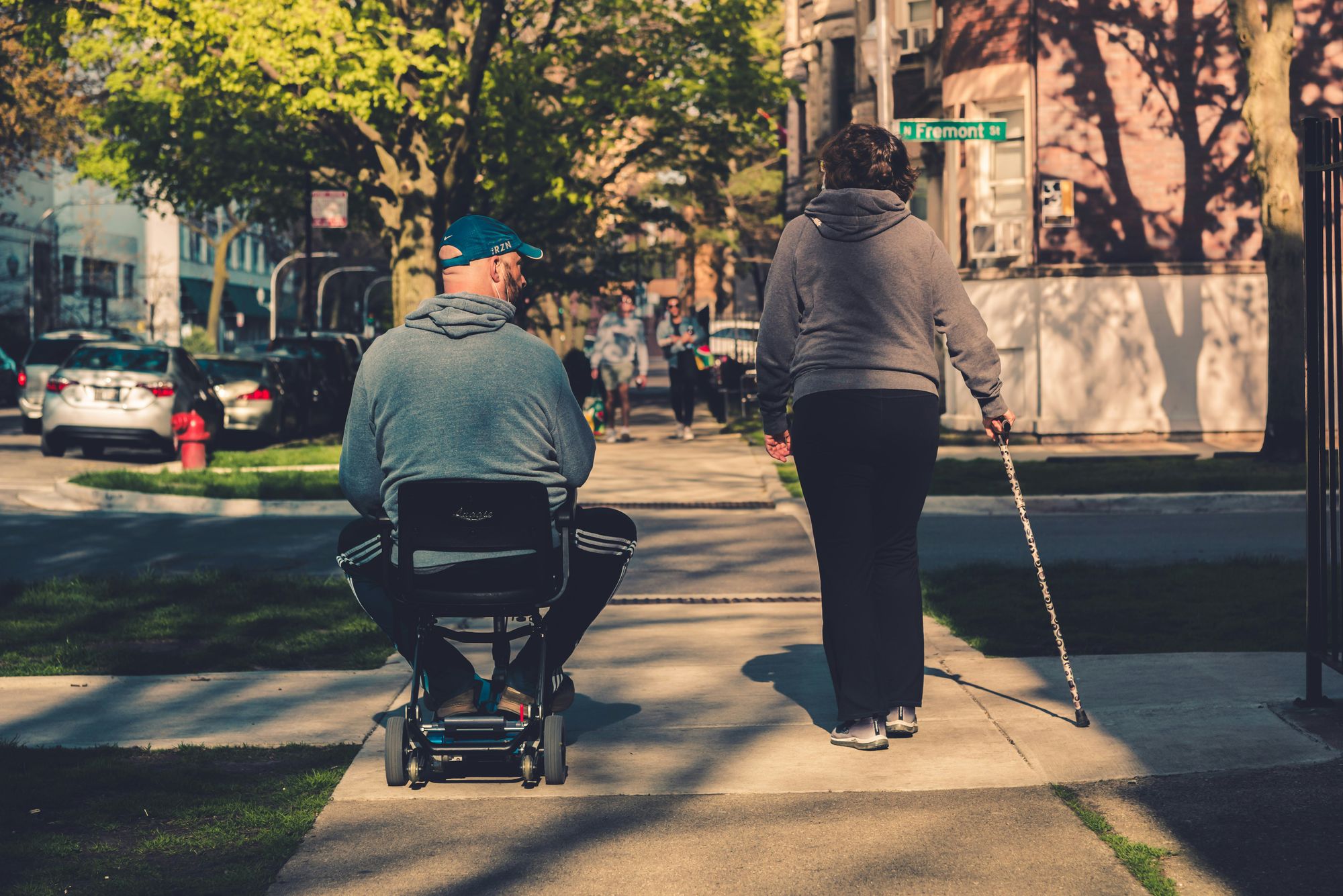Accessible Memorial Venues: Ensuring Inclusivity for All Guests

Ensuring that a memorial service is accessible to all guests is essential for creating a truly inclusive and welcoming environment. By considering the needs of individuals with disabilities, we can create a space where everyone feels valued and respected.
Understanding Accessibility
Accessibility encompasses a wide range of factors, including physical access, sensory considerations, and communication needs. It's crucial to consider the diverse abilities of guests and to provide accommodations that meet their requirements.
Physical Accessibility
- Entrance and Exits: Ensure that the venue has accessible entrances and exits with ramps or level pathways.
- Parking: Provide designated accessible parking spaces close to the entrance.
- Pathways: Clear and unobstructed pathways throughout the venue are essential. Avoid clutter and tripping hazards.
- Seating: Offer a variety of seating options, including wheelchair-accessible seating with clear sightlines.
- Restrooms: Accessible restrooms with grab bars, adequate space, and wheelchair-accessible stalls are crucial.
Sensory Considerations
- Lighting: Avoid overly bright or harsh lighting, which can be overwhelming for some individuals. Offer options for dimming or adjusting the lighting.
- Sound: Provide clear and audible sound systems with adjustable volume controls. Consider using assistive listening devices if needed.
- Scent: Be mindful of strong perfumes or scents that may be overwhelming for individuals with sensitivities.
Communication Needs
- Assistive Listening Devices: Provide assistive listening devices for individuals with hearing impairments.
- Sign Language Interpreters: Arrange for sign language interpreters if needed.
- Large Print Materials: Offer printed materials in large print format for individuals with visual impairments.
Choosing an Accessible Venue
When selecting a memorial venue, prioritize accessibility. Consider the following factors:
- Venue Policies: Inquire about the venue's accessibility features and policies.
- On-Site Staff: Ensure the venue staff is trained in accommodating guests with disabilities.
- Accessibility Features: Look for features like ramps, elevators, accessible restrooms, and designated parking spaces.
- Site Visit: If possible, visit the venue in person to assess its accessibility firsthand.
Creating an Inclusive Atmosphere
Beyond physical accessibility, creating an inclusive atmosphere involves fostering a welcoming and respectful environment.
- Staff Training: Ensure that venue staff is trained in disability awareness and etiquette.
- Communication: Clearly communicate accessibility information to guests in advance.
- Guest Assistance: Offer assistance to guests with disabilities as needed, without being intrusive.
- Feedback: Encourage feedback from guests to identify areas for improvement.
Additional Considerations
- Emergency Preparedness: Develop an emergency evacuation plan that includes procedures for guests with disabilities.
- Service Animals: Welcome service animals and provide designated areas for relief.
- Accessible Technology: Consider using accessible technology, such as captioning or audio descriptions, for multimedia presentations.
By prioritizing accessibility and creating an inclusive environment, you can ensure that all guests feel welcomed and supported during a memorial service. Remember, small changes can make a significant difference in the lives of individuals with disabilities.




